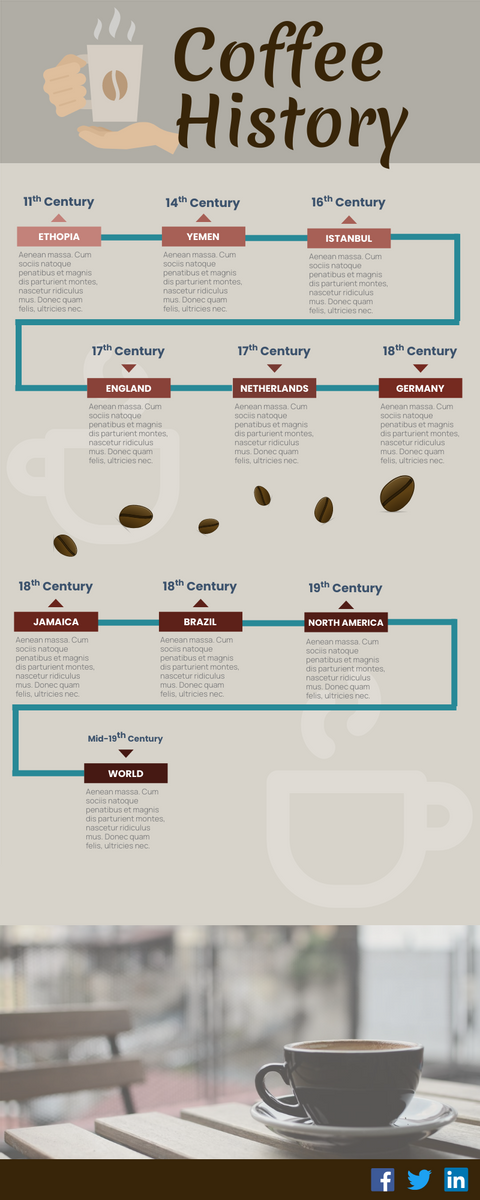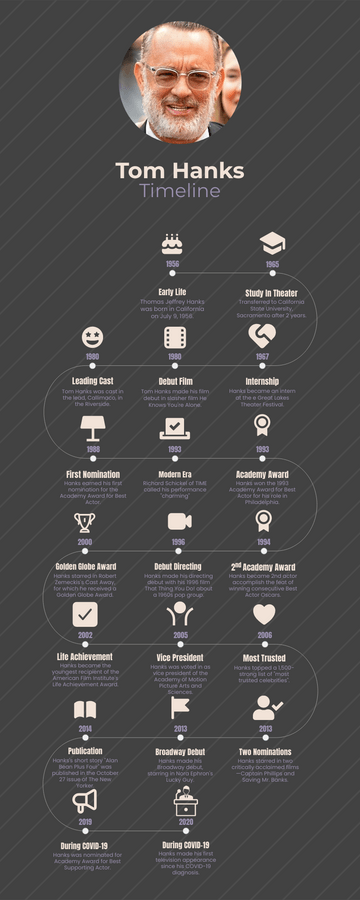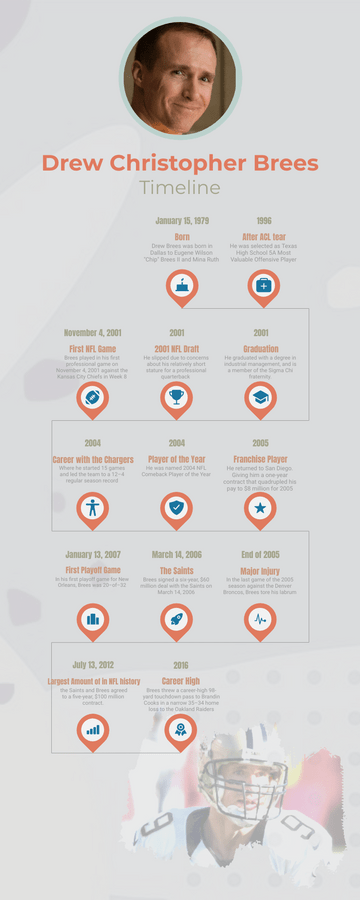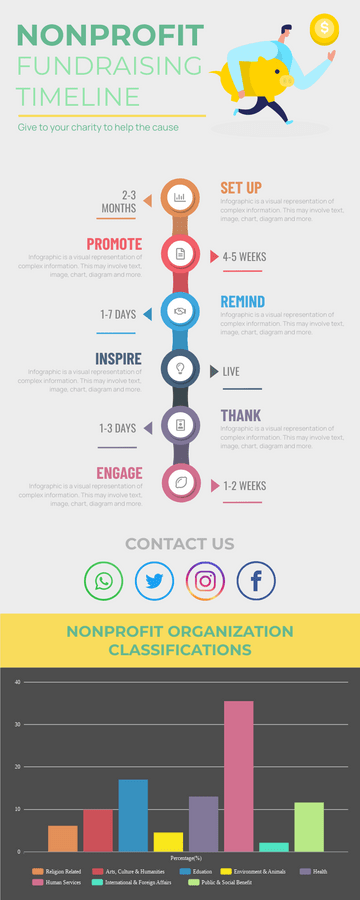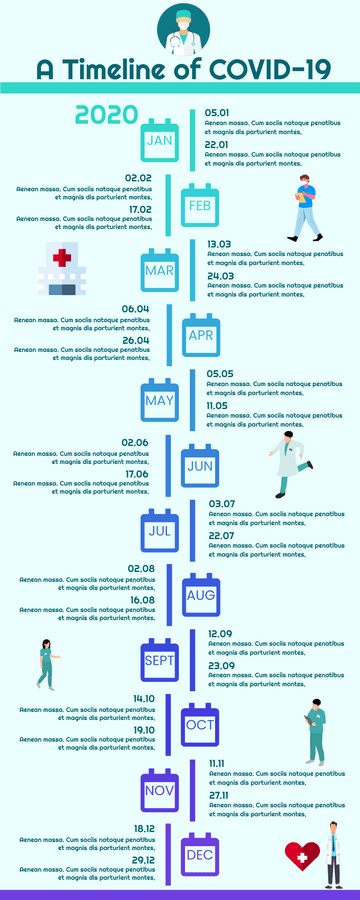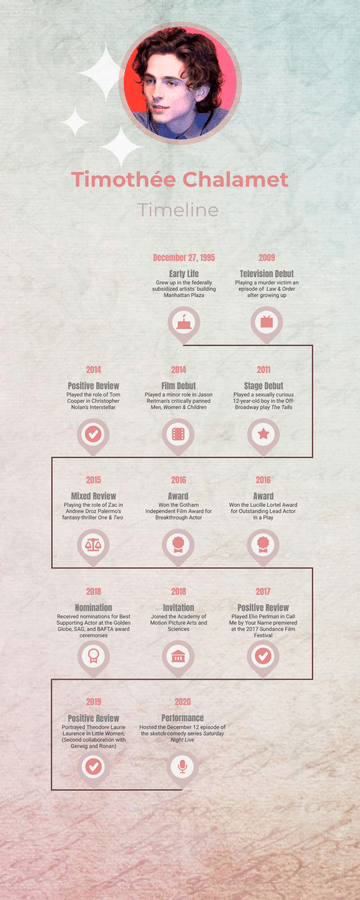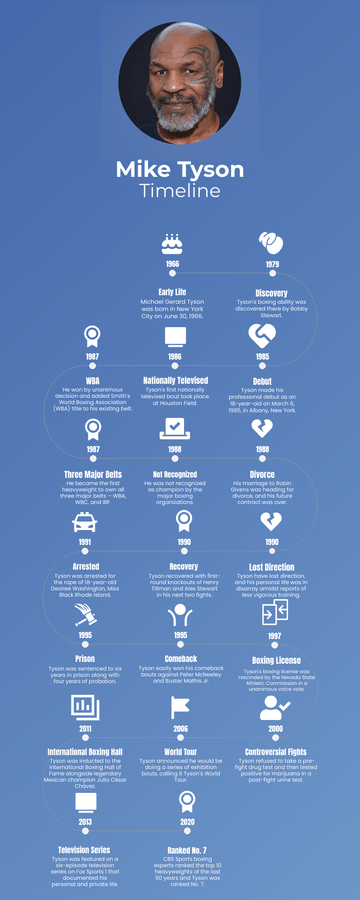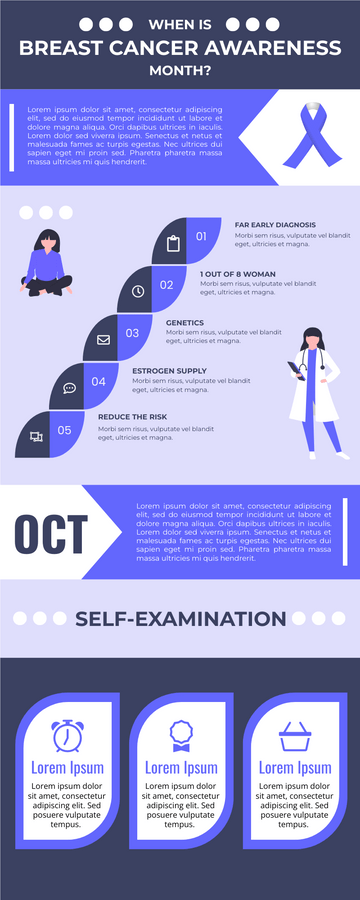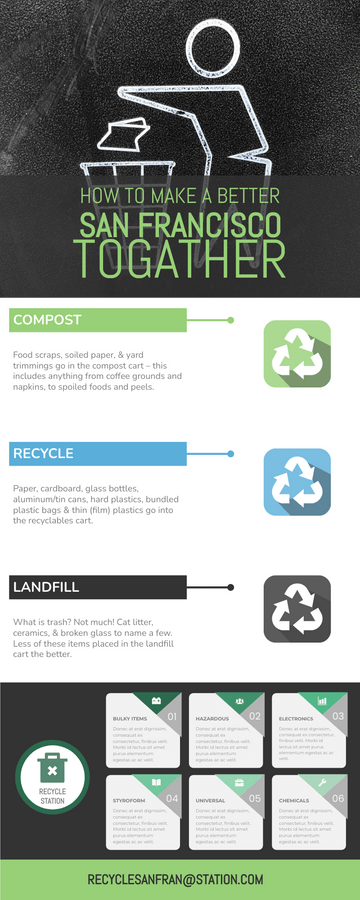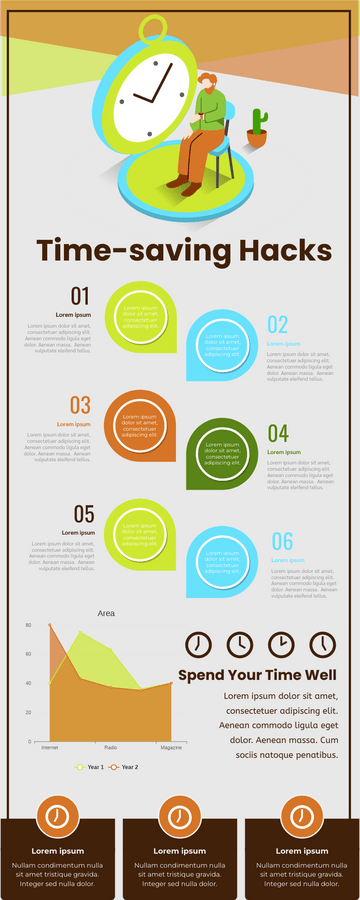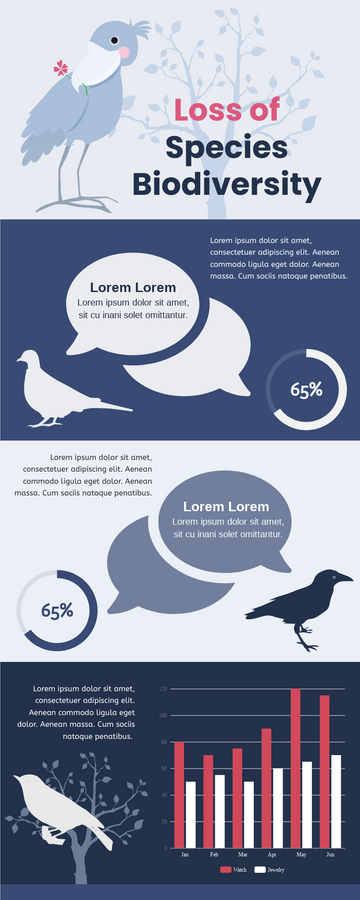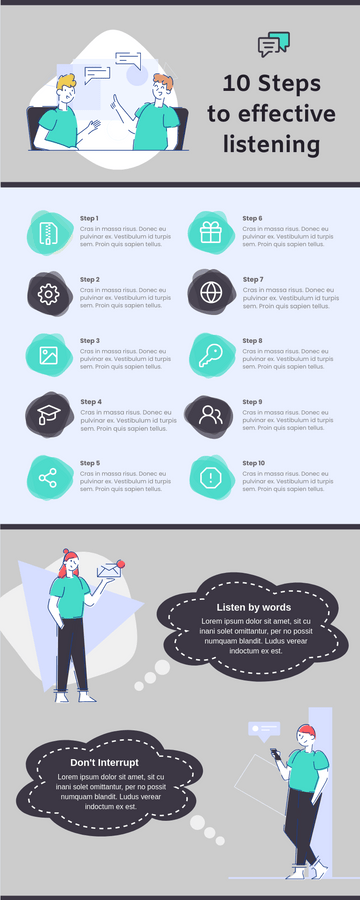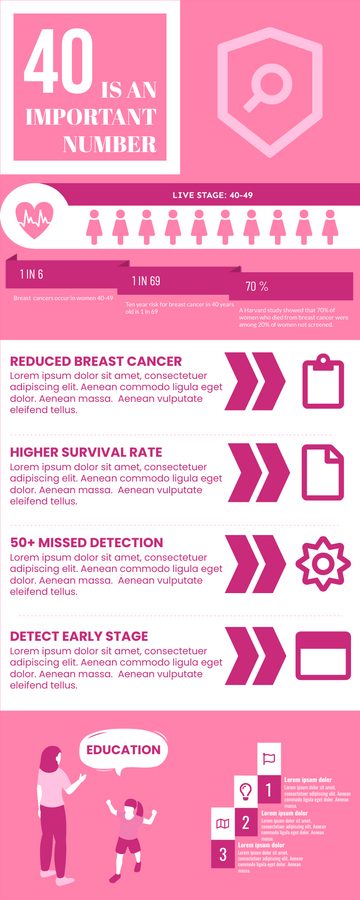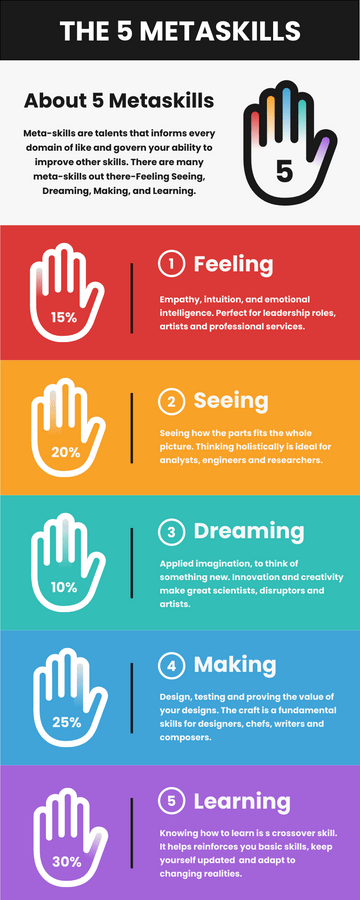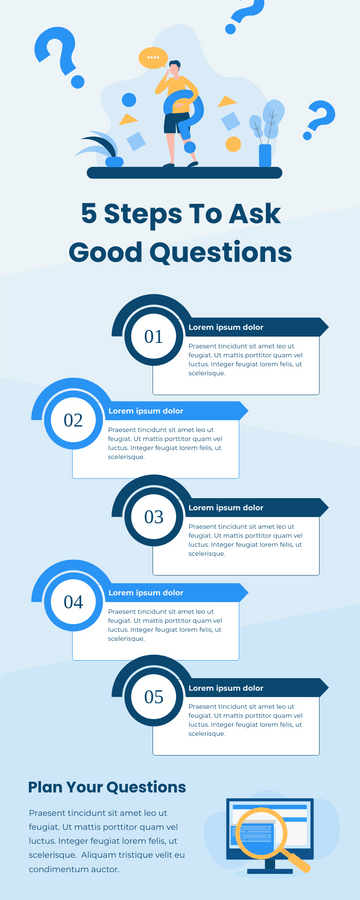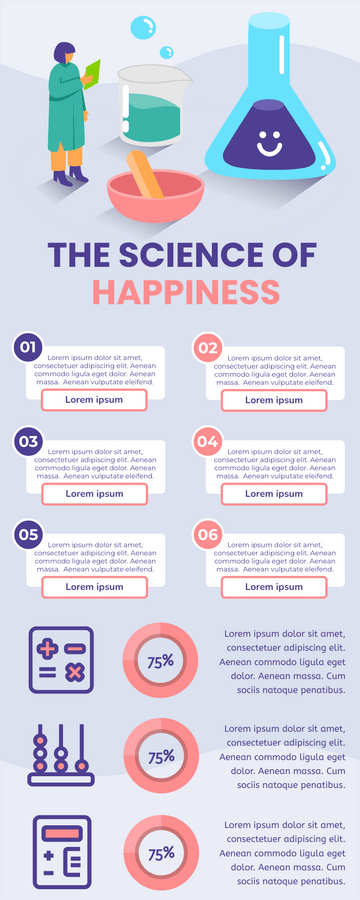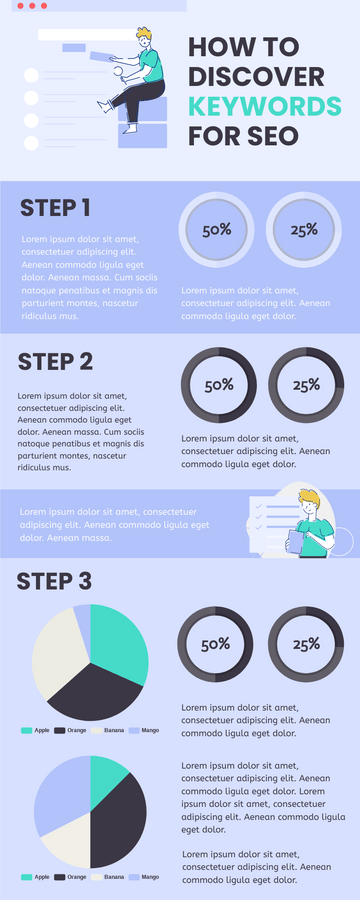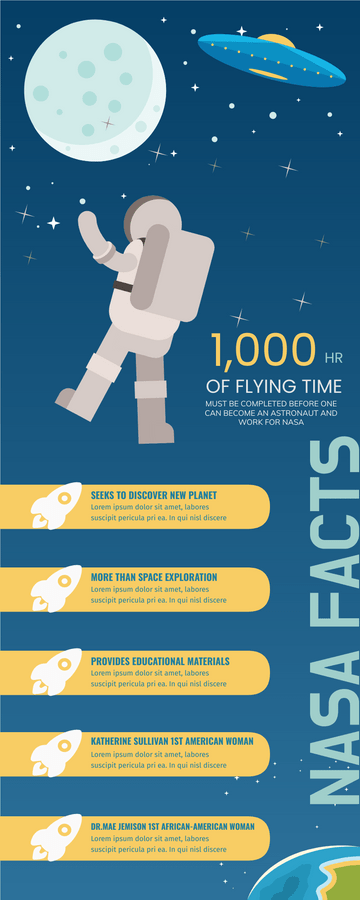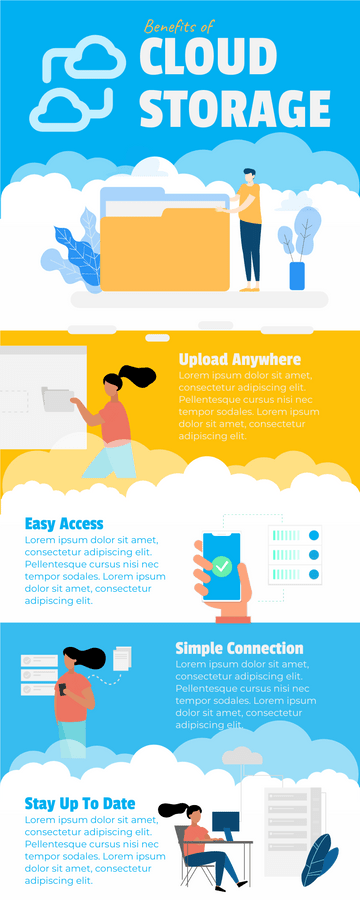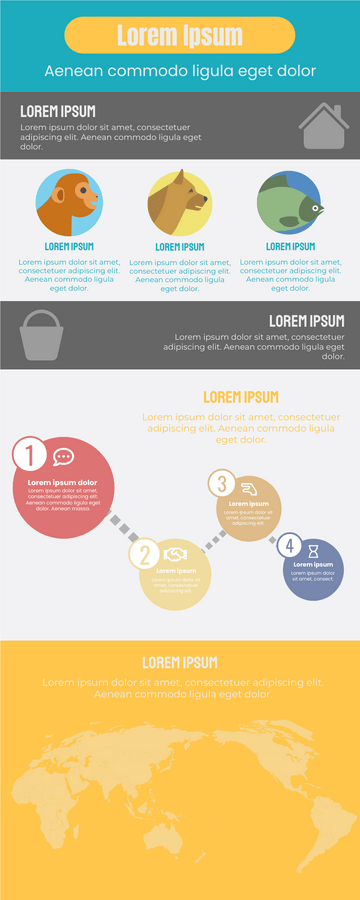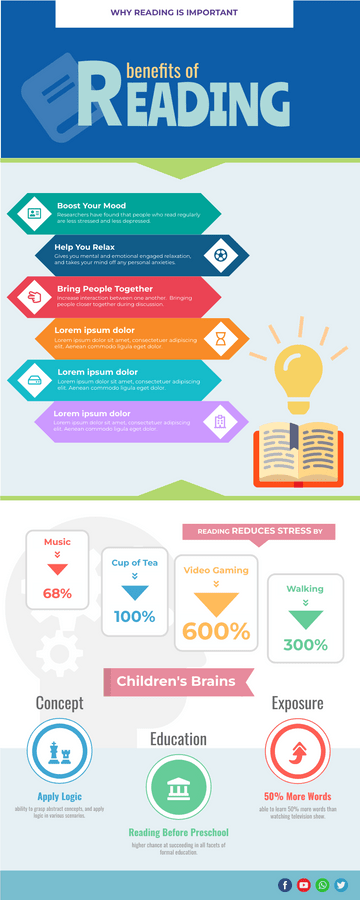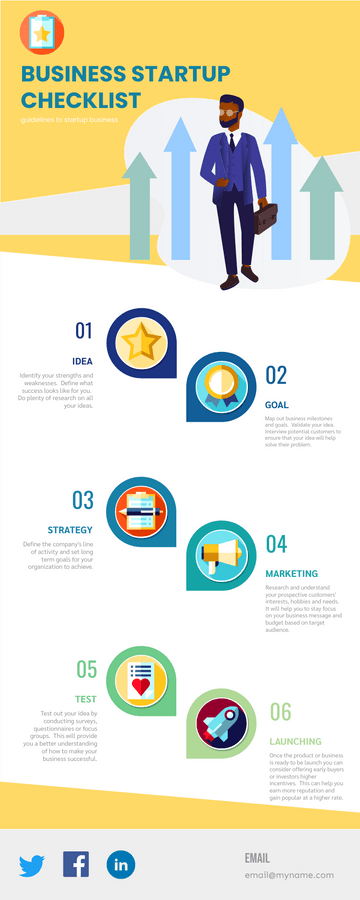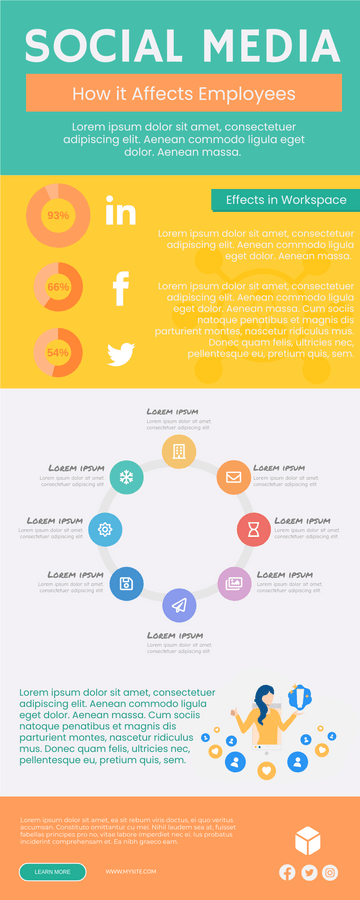Infographic About Introduction Of Coffee History Timeline
Coffee has spread all over the world and become one of the most consumed beverages in the world. Culturally, coffee is an important part of Ethiopian and Yemeni culture. This cultural significance dates back to the 14th century. The debate over whether coffee was originally used in Ethiopia or Yemen has a long history, depending on who you ask. The country has its own myths, stories and evidence about the history of coffee drinks.
"People say money can’t buy happiness. They Lie. Money buys Coffee, Coffee makes Me Happy!"
Story about the History of Coffee
Ethiopia's most popular coffee legends has been usually described as this:
One day, on a plateau near a monastery in Abyssinia, a shepherd was tending his sheep. He saw that the goats began to jump about, almost to jump, in a very high mood, which was a strange behavior for his flock. He found small shrubs to be an exciting source. Then he decided to taste the bright red berries himself, and he felt the thrill of coffee cherries.
The shepherd was startled by the discovery, filled his pocket with coffee cherries, and hurried home to tell his wife. She called the discovery a "godsend" and suggested he share coffee berries with the monks.
However, the shepherds were not warmly welcomed by the monastery. A monk called his beans "the devil's job" and threw them into the fire. But the smell of baked beans caught the monks' attention. They took the beans out of the fire, crushed them, put out the ashes, and tried to put them in a kettle with hot water.
The smell of newly brewed coffee attracts more monks. After tasting, they felt the effect of self-improvement. They decided to drink one drink a day to enhance their religious beliefs and stay awake during prayer.
